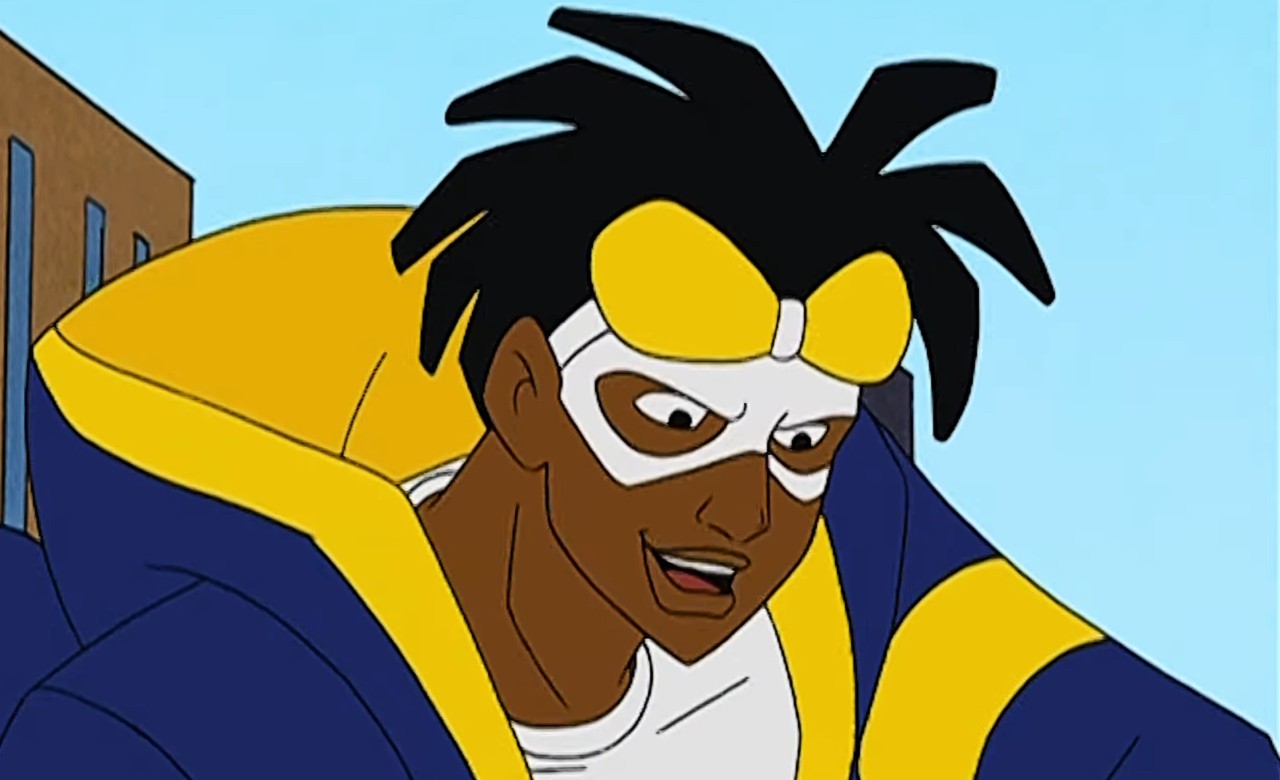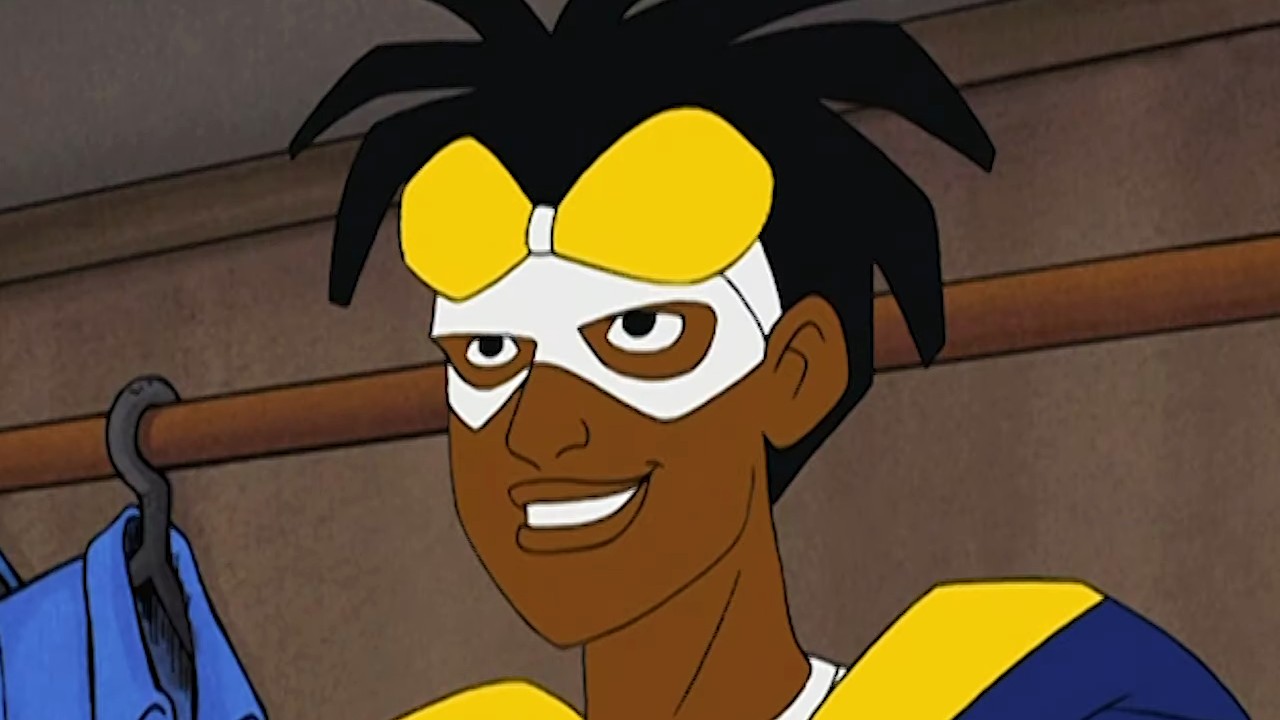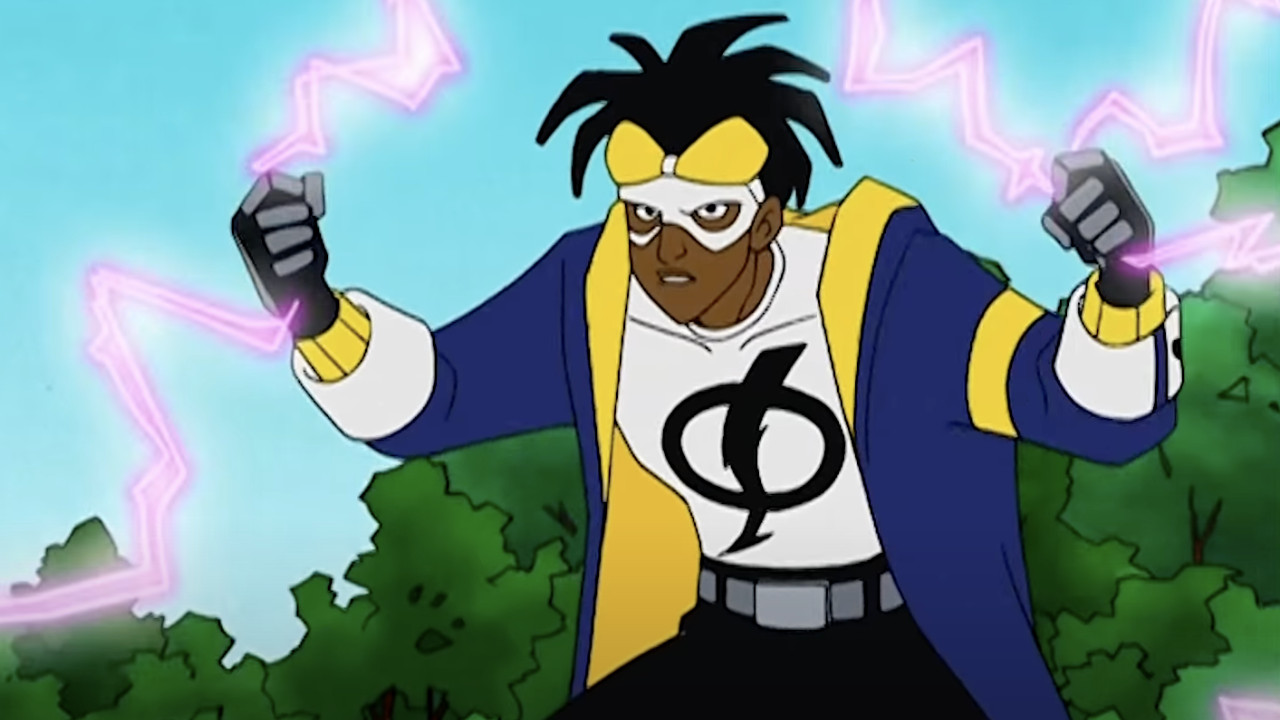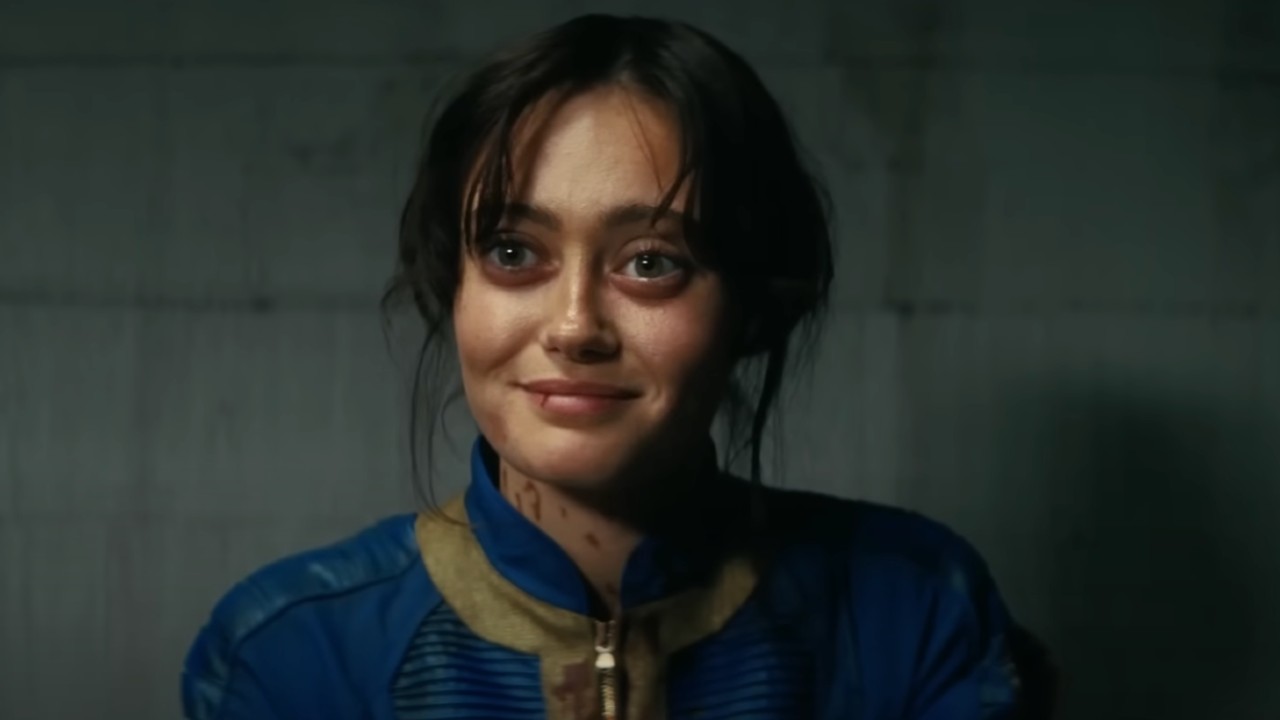The Sad Truth Behind Static Shock’s Cancelation, And Why It Affected Me So Deeply
Finding the real reason behind Static Shock's cancelation caught me in my feels.

Superheroes and TV have gone hand in hand since the 1950s. While most TV series focused on white superheroes’ exploits, their Black counterparts weren't allowed the same opportunities. Most Black heroes were either supporting or background roles or relegated to being the token person of color for a shot of diversity. That was until September 23, 2000, when Static Shock became the first Black superhero to lead a self-titled animated series.
Upon its premiere, the animated superhero series was a ratings hit with incredible popularity among multiple demographics. The TV show was still a ratings juggernaut when it unexpectedly got canceled in 2004. Many Static Shock fans have asked for years why their favorite superhero series ended without warning or explanation despite being one of the best animated TV shows. However, I came across the sad truth behind Static Shock’s cancellation, which affected me deeply as a Static fan.

What’s The Real Reason Behind Static Shock’s Abrupt End
Questions and mystery have surrounded Static Shock’s premature conclusion since its 2004 finale. Whether it’s the voice cast, creators, or home studio Warner Bros., they haven’t been forthcoming about the show’s cancelation. That was until Static Shock voice actor Phil LaMarr made some revealing statements to the Bled’s Eyeview podcast. After a co-host expressed their disappointment over the show’s abrupt ending, LaMarr broke down the insidious relationship between animated television and toy manufacturers at the time, saying:
Back in the late 1990s, when they were pitching the Static Shock show based on ‘the Milestone Comic, not a DC Comic.’ Well, if there’s a cartoon, we gonna be a toy. So, they went to the toy company and brought the character designs and the premise and everything. The toy company said, ‘Um, nah, we don’t really see a market for a character like that.’
The Static Shock voice actor was disgusted by the unnamed toy company’s apprehension about a Black superhero-led TV show. LaMarr hinted at racism being the reason behind its decision. He explained the company’s decision spelled the series’ end even before it began, saying:
That decision to not have merch was one of the reasons that after four seasons of being the top-rated show on Saturday Morning, Static Shock got canceled because it wasn’t making them no extra money. So, we were the top-rated show and had won a Humanitas award… this was high-quality stuff, but like I said back then they didn’t care about quality in cartoons. It was just Toys-R-Us.
So, all the accolades and fanfare weren’t enough to save the animated superhero series from its ultimate enemy – consumerism. Of course, the voice-acting veteran wasn’t the first to bring these revelations to light, as late series creator Dwayne McDuffie spoke with The World’s Finest about the lack of toy sales leading to the landmark series’ cancellation.
He mentioned only Pokémon and Family Guy beat the animated show's high ratings. However, McDuffie explained the series “was unable to attract toy companies or other licensors.” The character did get a kids' meal, a DVD release, and children’s book adaptations, but those opportunities weren’t enough to save it from its fate. He did mention it was "a gift to get to do 52 episodes.”

Why Learning This Sad Truth Affected Me So Deeply
Learning this information answered some longstanding questions I've had for years. At the same time, I faced a sense of sadness over Static Shock’s fate boiling down to a lack of merchandise. The show’s abrupt ending felt like a loss for me, and the culture, as a young Black man. The series filled a void in the animated space, as Black characters rarely headlined a weekly show. Virgil Hawkins marked the first time the superhero genre acknowledged me sincerely and poignantly.
Your Daily Blend of Entertainment News
Hawkins was young Black America’s Spider-Man for the 1990s and 2000s. He managed the tricky balance of heroism and adolescence. Despite our different upbringings, the teen superhero marked the first time I felt seen as a young blerd (Black nerd) with his love for comics and video games. His presence rectified past harmful Black animated character tropes dating back to animated TV’s early days. So, Static’s disappearance from TV left me with a superhero-shaped void.
Static reflected my culture and identity at a time when I felt ignored and under appreciated as an animation enthusiast. Seeing Hawkins as a superhero only added to my pride. Watching the show allowed me to see a Black superhero use skill and intelligence to outsmart his gallery of Bang Babies (villians). His superhero acts were only part of the equation, as the series offered social commentary on topical issues without being self-righteous. While other series continued this angle to a certain degree, they never matched the DC animated series’ sincerity and passion.
While Static Shock had a nice four-season run, the cancelation was a tremendous loss to me. I wanted more episodes of Static fighting crime and being a regular teenager. I would’ve loved to see him become the adult Static seen in Milestone/DC comics. While adult Static has popped up from time to time in other DC properties, seeing his hero journey as a main protagonist would’ve been excellent. Unfortunately, consumerism and racism kept the series from fulfilling its full potential.
Since its cancelation, Static Shock has remained a cultural and fan favorite over the decades. The long-lasting fanfare is commendable, but it still boggles me that a toy company's ignorant decision led to the DC animated series’ ultimate demise. While the same standard applies to animated TV now, toy tie-ins aren't as necessary as in the 1990s. I still appreciate the series' unwavering Blackness, corrective representation, social consciousness, and trailblazing TV run. The animated superhero proved representation is crucial, even if momentarily.
Thankfully, Static Shock’s impact lived on with animated shows like the Black Panther miniseries, Justice League (and its sequel), and Moon Girl and Devil Dinosaur. More upcoming Black-led animated and DC TV shows are on the horizon, which you can see on our 2024 TV schedule. You can see why Static was valued by watching the DC series through a Max subscription. In the meantime, learn more about the history of the DC superhero or a possible live-action Static Shock movie, which is reportedly in development.

A boy from Greenwood, South Carolina. CinemaBlend Contributor. An animation enthusiast (anime, US and international films, television). Freelance writer, designer and artist. Lover of music (US and international).
